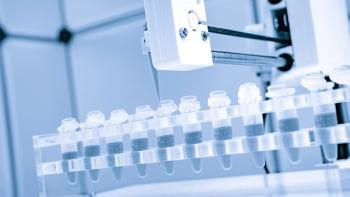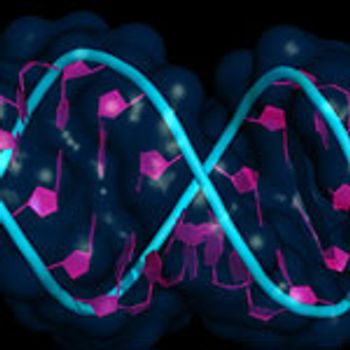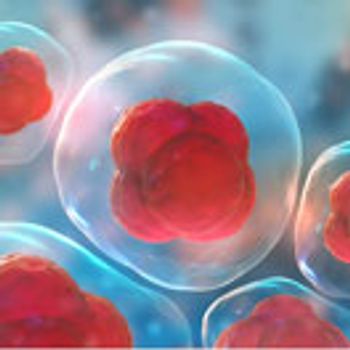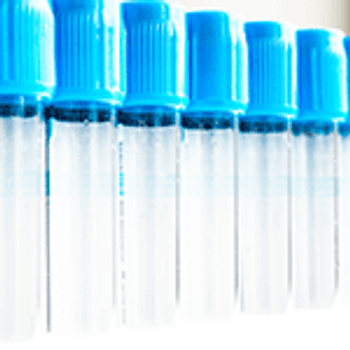
Catalent has signed an agreement with Bone Therapeutics for the acquisition of Skeletal Cell Therapy Support SA (SCTS).

Catalent has signed an agreement with Bone Therapeutics for the acquisition of Skeletal Cell Therapy Support SA (SCTS).

Orgenesis has completed its previously announced acquisition of Koligo Therapeutics with the additional acquisition of Tissue Genesis’ cell isolation technology, Icellator.

The company’s new closed cell therapy processing system enables scalable, cost-effective development and manufacturing of cell therapies.

The new VirusExpress lentiviral production platform increases dose yields and reduces process development time for cell and gene therapies.

Automation, digitalization, and supply-chain strategies help mitigate vulnerabilities in both autologous and allogeneic cell therapy manufacturing.

An innovation such as synthetic biology can develop a consistently stable starting cell line for cell therapy source material.

Cellnest will join Fujifilm Irvine Scientific’s PRIME-XV portfolio which consists of xeno-free and chemically defined media for stem cell culture.

Catalent will use T-knife´s TCR platform for a T-cell receptor-based cell therapy at its Gosselies, Belgium, site in order to manufacture clinical batches for European trials in 2021.

The new facility will produce cell therapies for clinical evaluation from discovery through to Phase 2b trials while expanding Takeda’s abilities to develop next-generation cell therapies.

The investment will include new manufacturing lines and increased automation to deliver additional manufacturing capacity.

Cellular and gene therapy fields are currently on track for, if not already experiencing, a serious capacity crunch.

Regulators strive to review flood of advanced treatments while also vetting COVID-19 vaccines.

The European Medicines Agency recently approved two European Novartis sites in France and Switzerland for the commercial manufacturing of chimeric antigen receptor T-cell cell therapies.

RNA is easier to manipulate than DNA but challenging to deliver to the right cells.

Manufacturers must address scale-out challenges of autologous cell therapy for commercial manufacturing.

The site can now support customized product and bioprocess development and custom cell and gene therapy reagent manufacturing.

The company will invest $75 million into its Canton, MA, facility to expand its viral vector, gene therapy, and contract development and manufacturing capabilities.

Working with incubators can provide cell and gene therapy developers with more opportunities.

Ori Biotech is partnering with manufacturers and materials suppliers to develop an automated system for cell and gene therapy manufacturing.

Hitachi Chemical Advanced Therapeutics Solutions and apceth Biopharma entered into long-term development and manufacturing services agreements for the clinical and commercial supply of multiple bluebird bio therapies.

The center will be located at NJIT’s Life Sciences and Engineering center and will feature two good manufacturing practices suites that are expected to be completed and operational during the summer of 2020.

The companies will collaborate on the discovery and development of next-generation drug and engineered cell therapies focused on natural killer cells.

A variety of assays should be used to detect bacterial, fungal, and viral contaminants in the human source cells used for cell therapies.

The new patented process results in uniform, scalable production and the ability to deliver cell cargo similar to natural exosomes/extracellular vesicles.

Thermo Fisher is focused on investing to expand three specific areas of demand: biologics, cell and gene therapy, and drug product development and commercial capabilities.